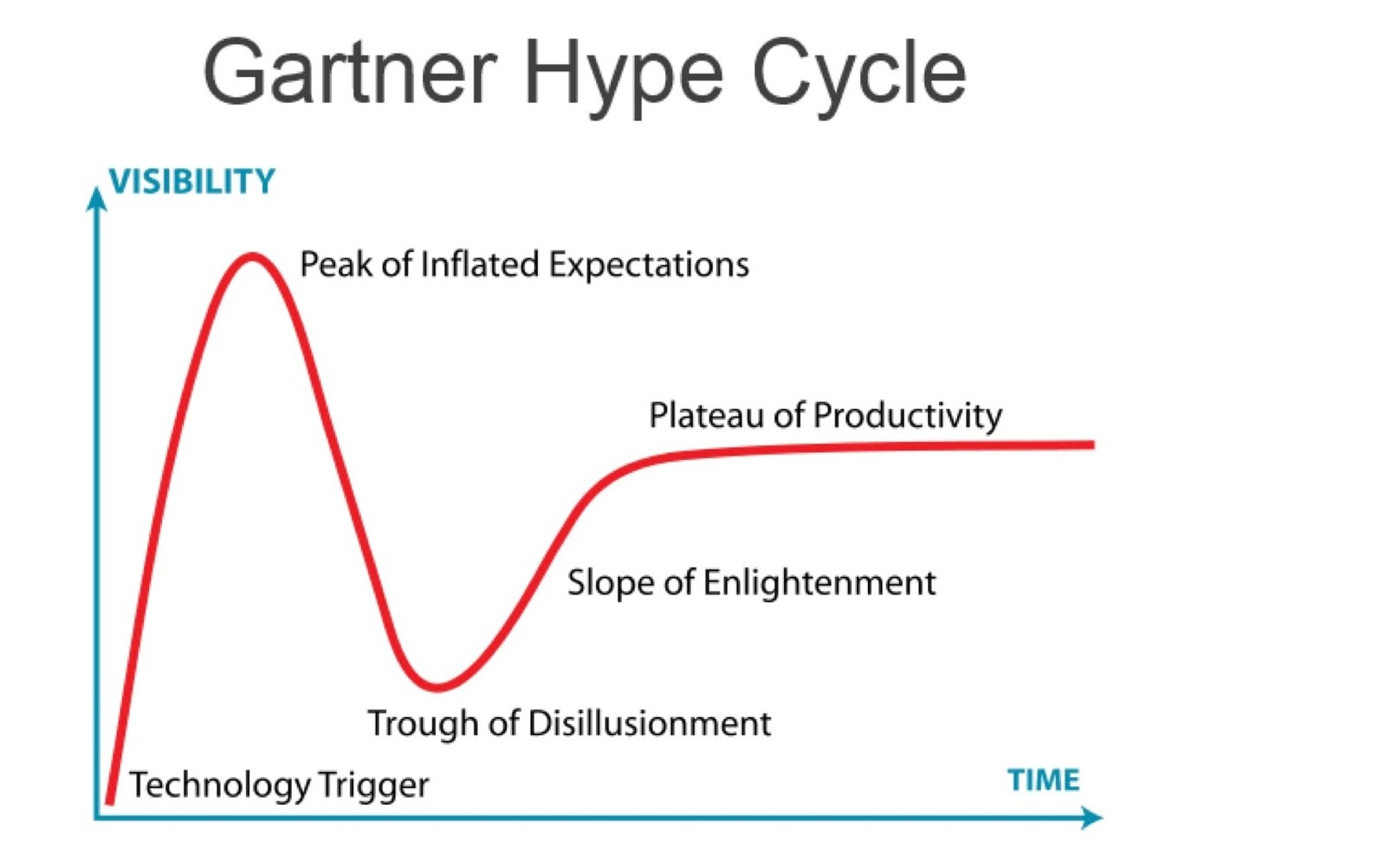this post was submitted on 21 Aug 2024
250 points (94.6% liked)
Technology
69294 readers
3940 users here now
This is a most excellent place for technology news and articles.
Our Rules
- Follow the lemmy.world rules.
- Only tech related news or articles.
- Be excellent to each other!
- Mod approved content bots can post up to 10 articles per day.
- Threads asking for personal tech support may be deleted.
- Politics threads may be removed.
- No memes allowed as posts, OK to post as comments.
- Only approved bots from the list below, this includes using AI responses and summaries. To ask if your bot can be added please contact a mod.
- Check for duplicates before posting, duplicates may be removed
- Accounts 7 days and younger will have their posts automatically removed.
Approved Bots
founded 2 years ago
MODERATORS
you are viewing a single comment's thread
view the rest of the comments
view the rest of the comments

Btw: What a quantum computer can reliably do these days, is tell you 21 is 3 x 7. And it takes hours and quite some traditional computing to do that.
https://en.wikipedia.org/wiki/Integer_factorization_records#Records_for_efforts_by_quantum_computers
We've progressed a bit further than that. But for anyone interested in actual applications for quantum computers... They'll have to wait. It's research at this point. We're making progress one step at a time. But so far no one has even demostrated we're able to scale those computers to a useful size.
So I'd say we're somewhere close to the origin of the axes. Or on a different graph for research that's still science fiction. Together with nuclear fusion power plants, thorium cars, space ships and hypothetical battery chemistry that'll make our electric cars go 5000 miles and not degrade over time.
[Edit: The Wikipedia Article: Quantum comuting also has some good references.]
What exactly is holding QC back right now? Does it require near room-temp superconductivity to become viable or is it just in research phase right now?
I remember that AI/ML was held back mainly because of compute power to price ratio.
There are a few different physical systems that people are trying to build quantum computers with. Superconducting loops are one of the most promising ones, because of a halfway decent decoherence rate. And yeah, superconducts needing near 0K temperature to operate is a problem. It's just hard to scale up while everything needs to be so cold. Room-temp superconductivity would be a huge advantage.
But even then, the decoherence rates are still too high for any long quantum computation. Last I heard, the best qubits are maybe barely getting to good enough errors rates that quantum error correction would be possible - which is great, but 'possible' and 'practical' still have a significant gap between them.
So in short, basically everything about the hardware needs to be better; and its just very very hard. Probably too hard to ever achieve the dream of having arbitrary quantum computation. (But there is always the possibility of some big new idea that makes everything work better.)